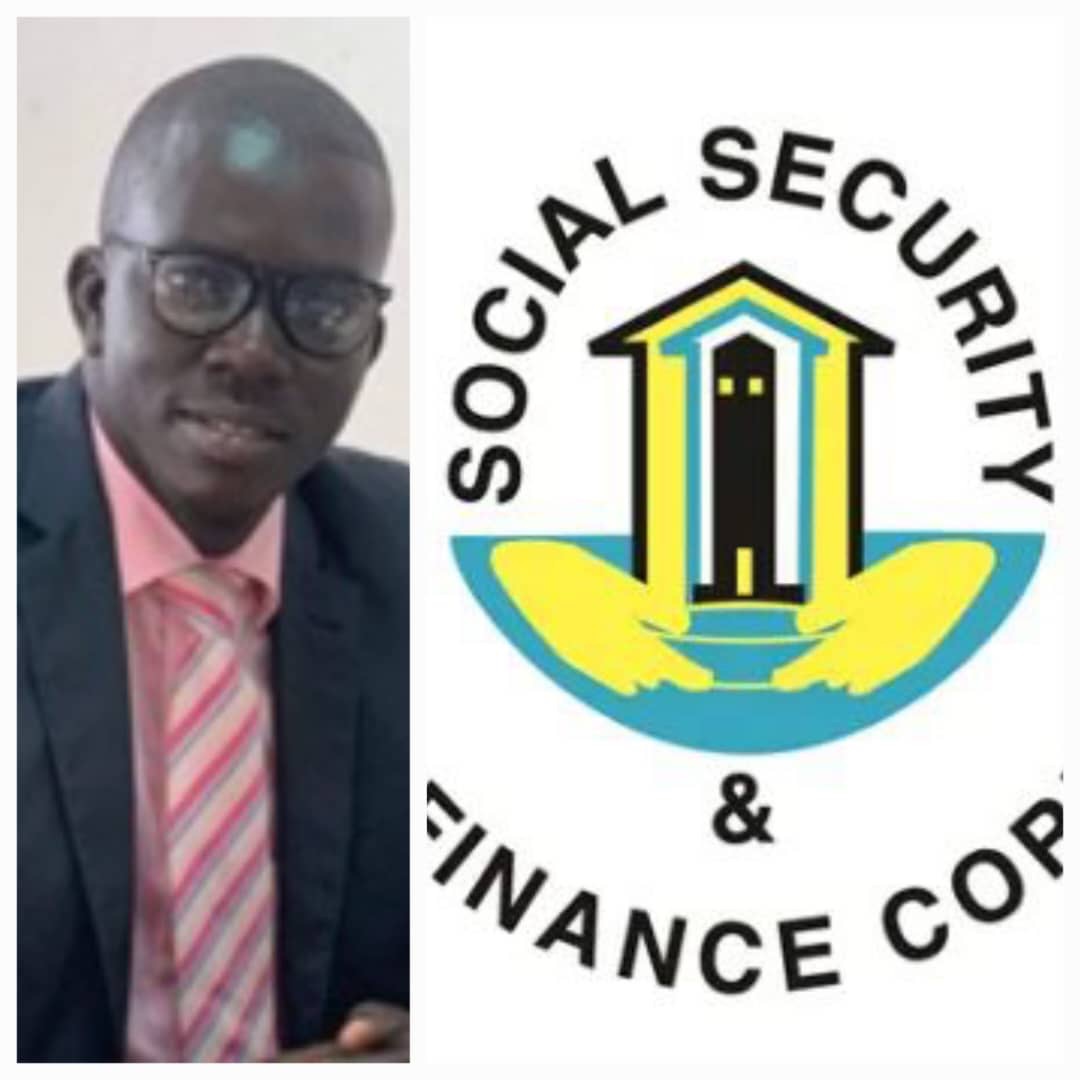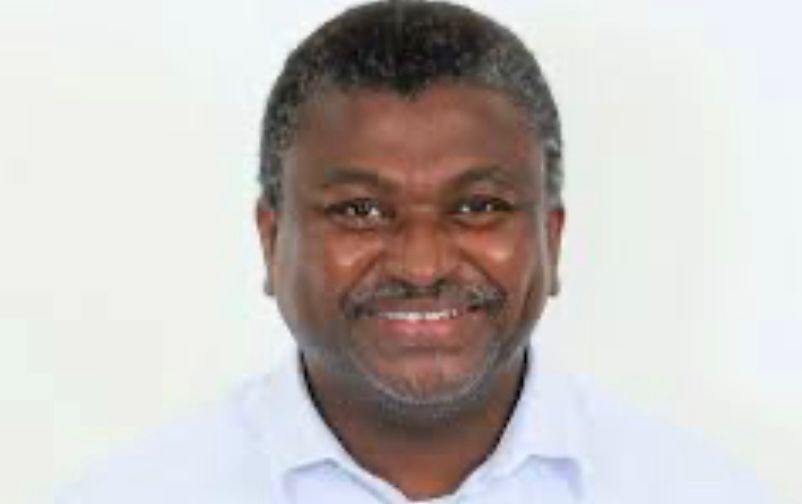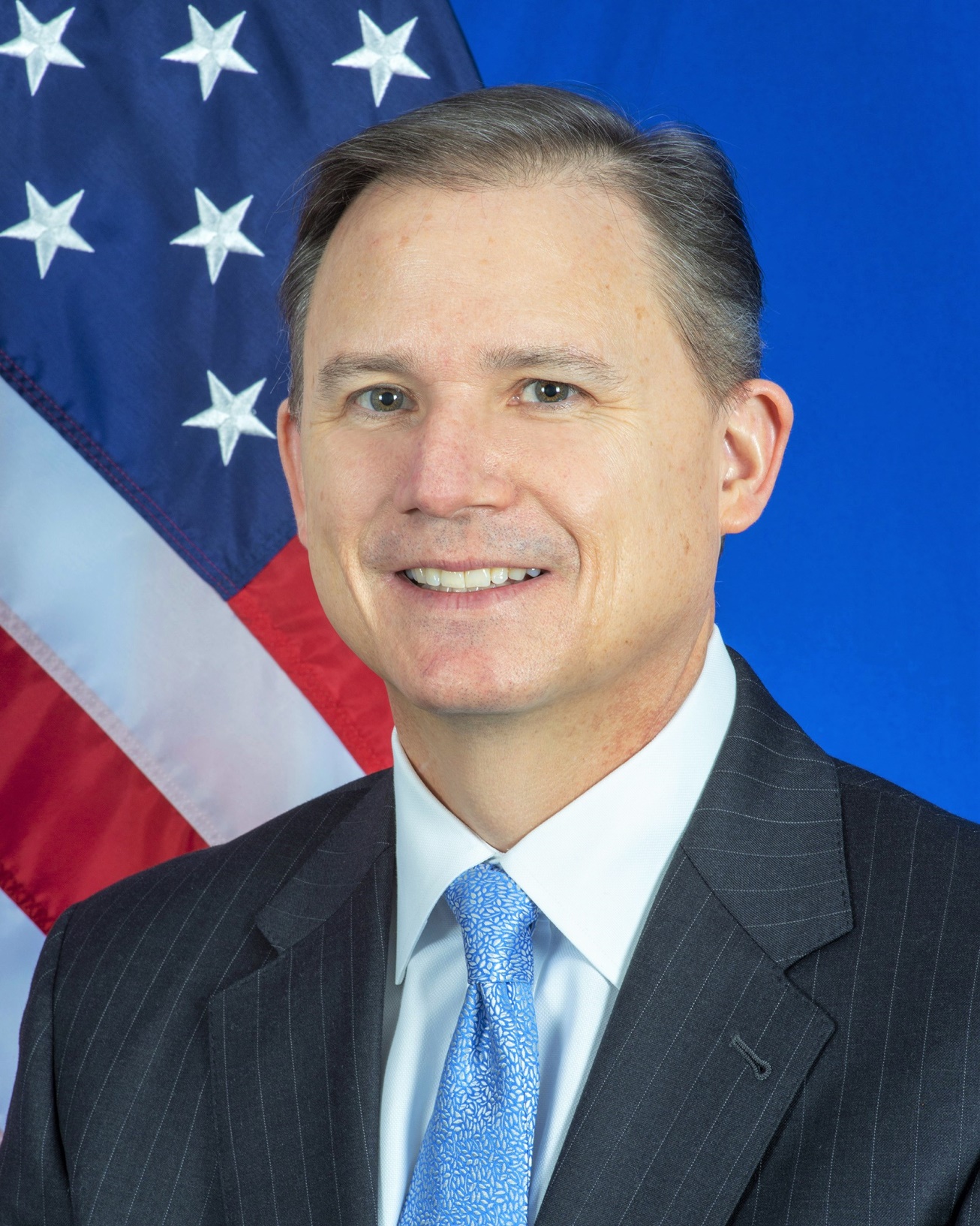By Kemo Kanyi
Dr. Foday Joof, an economic specialist has stated that onboarding Social Security and Housing Finance Cooperation can enable Gambia to actualize its dream of a functional capital market.
The 2021 Capital Market and Securities Act of 2021, as noted, paved the way for The Gambia’s official launch of its capital market in October 2023.
It is also worth knowing that the Central Bank of The Gambia (CBG) is mandated to establish and oversee the Securities and Exchange Commission (SEC) as well as the Gambian Stock Exchange.
However, since its launch in 2023, Gambia has faced hurdles to realise a functional capital market.
For the prerequisite, reason for the capital market, and responsibility of the government, Dr. Foday Joof, Risk Management Officer, Modelling and Forecasting Unit, Economic Research Department of the Central Bank of The Gambia, said with a projected infrastructure financing gap of about $1 billion by 2030, the launching of The Gambia’s first capital market in 2023 marks a significant step toward enhancing the country’s in meeting its development targets.
The “establishment of the vibrant capital market is crucial in fostering the country’s long-term sustainable growth.
“Furthermore, with remittance accounting for over 30 percent of GDP, leveraging on the Gambians in the diaspora could spur the development of the capital market. Despite this significant milestone, the capital market is yet to be functional,” he said.
He recognized the paramount importance of the domestic investor base in securing the capital market, saying “The development of a domestic institutional investor base, like Social Security and Housing Finance, is crucial to anchoring the market, due to its long-term investment horizons and steady demand for securities, which ensure liquidity and market depth. Given the small size of the economy, onboarding Social Security and Housing Finance into the capital market is essential for the functionality of the market,” he explained in an exclusive interview with this medium on Monday, September 9, 2024.
Dr. Joof maintained that a stable macro environment, inflation, sustainable fiscal policy, and a stable Gambian Dalasi are vital for capital market development.
“Persistent high inflation and currency depreciation can discourage investors from participating in long-term investments,” he noted.
The economic specialist further stated that a country’s productive financial sector plays a crucial role in enabling the environment for a functional capital market.
“The development of the financial sector is an important element in ensuring the functionality of the capital market. The country’s financial sector is predominantly commercial banks, with limited financial intermediation and credit to the private sector by banks standing at only 8.7% of GDP in 2023,” Dr. Jooffurther explained.
He noted that prioritization is a variety of financial institutions for capital market development.
According to him, to support the development of the capital market, there is a need to initiate the development of a wide range of institutions, such as brokerage firms, development banks, and access to credit rating services.
He pointed out that another important precondition is to establish a robust legal and regulatory framework and a court that protects investors and market players, “This is crucial in attracting investors.”
In response to why the capital market matters in The Gambia, the financial expert attributed it to the country’s long-term sustainable development goal in various sectors.
He pointed out that based on the International Monetary Fund projections, under the current policies, the country’s infrastructure financing gap will reach 15 percent of GDP in 2030.
He argued that the country needs financing to achieve its 2030 Sustainable Development Goal targets on electricity, roads, water, and sanitation.
According to him, considering The Gambia’s limited investment in adaptation infrastructure and depreciation of the current infrastructure, the financing gap could increase to 5.3 percent of GDP every year or about 50 percent of GDP by 2030, which is $1 billion.
He added that the operationalization of the capital market will provide long-term financing needs to bridge this infrastructure financing gap.
Dr. Joof observed that the capital market would help provide alternative financing sources for small and medium enterprises and startups on clean energies, research and development, and agriculture, among others that could help diversify the economy.
Capital markets, he pointed out, can source revenue for the country through introduction of bonds.
“Similarly, the capital market can serve as a channel for the government to leverage on remittance by introducing diaspora bonds for infrastructural development and renewable energy by providing incentives,” he added.
Talking about the role the government plays in capital market. He said the government must prioritize long-term macroeconomic stability by controlling inflation and maintaining currency stability.
“It should establish a robust legal and regulatory framework to ensure market confidence and transparency. This should also be accompanied by effective supervision and enforcement to maintain market integrity,” he noted.
So to encourage the participation of Gambians and those in the diaspora, he recommended that the government should initiate tax incentives, competitive returns, and security.
More so, the government should promote market participation by providing incentives such as credit guarantees for local businesses, and co-investment opportunities in strategic sectors and also create awareness to increase the financial literacy of potential investors.





